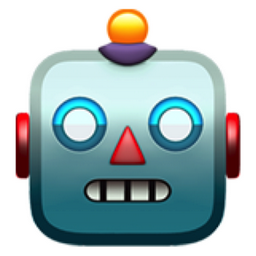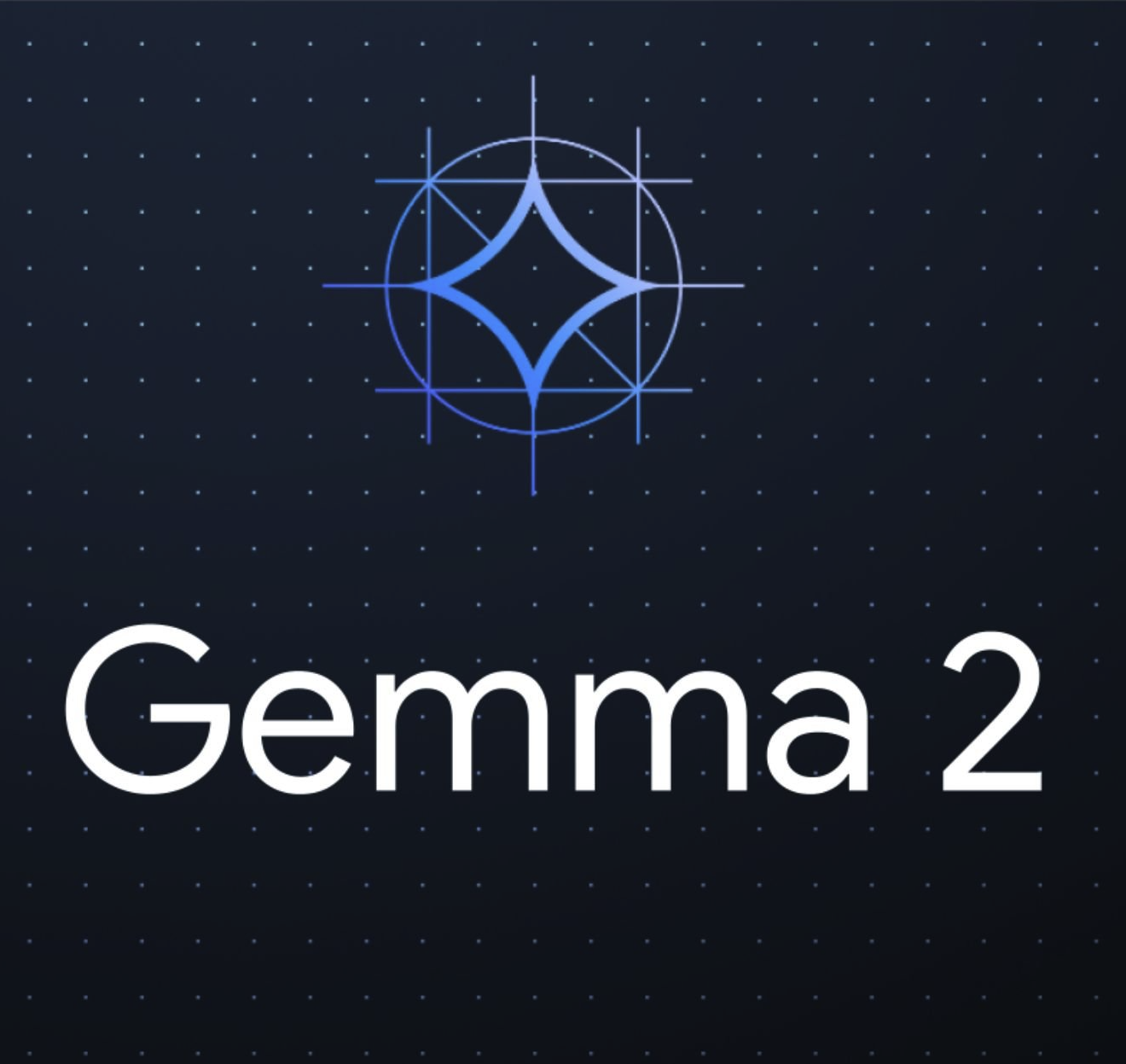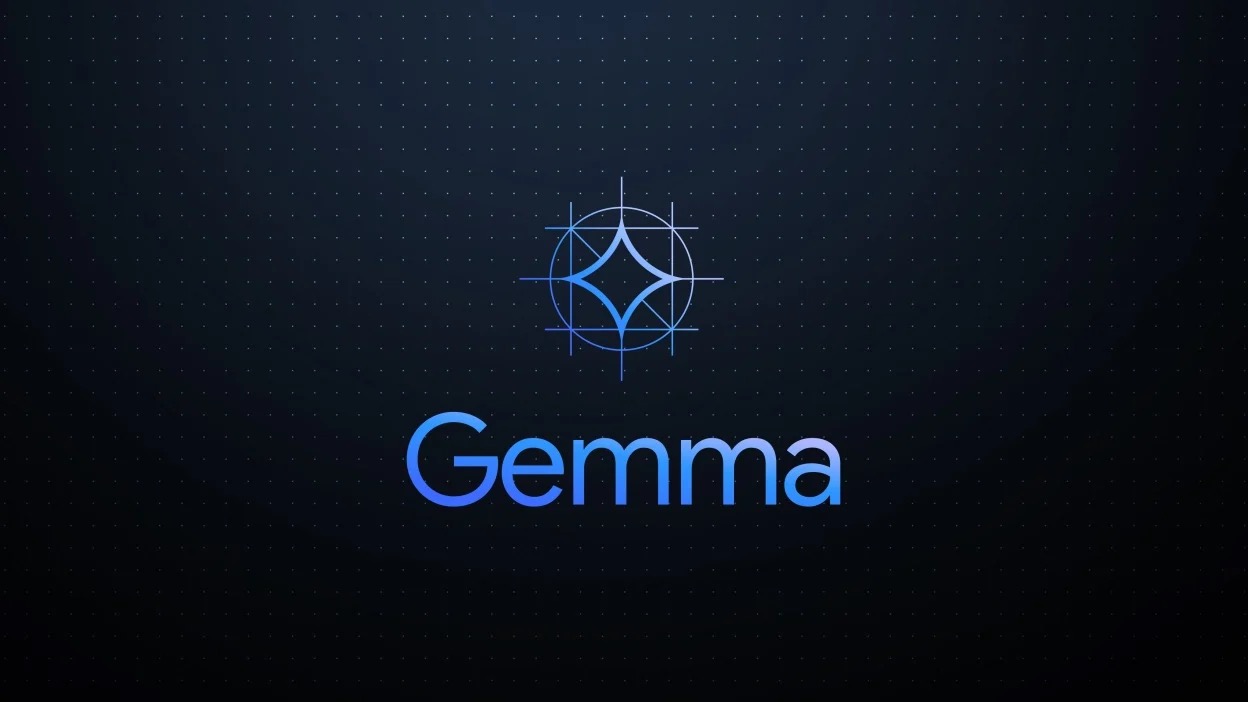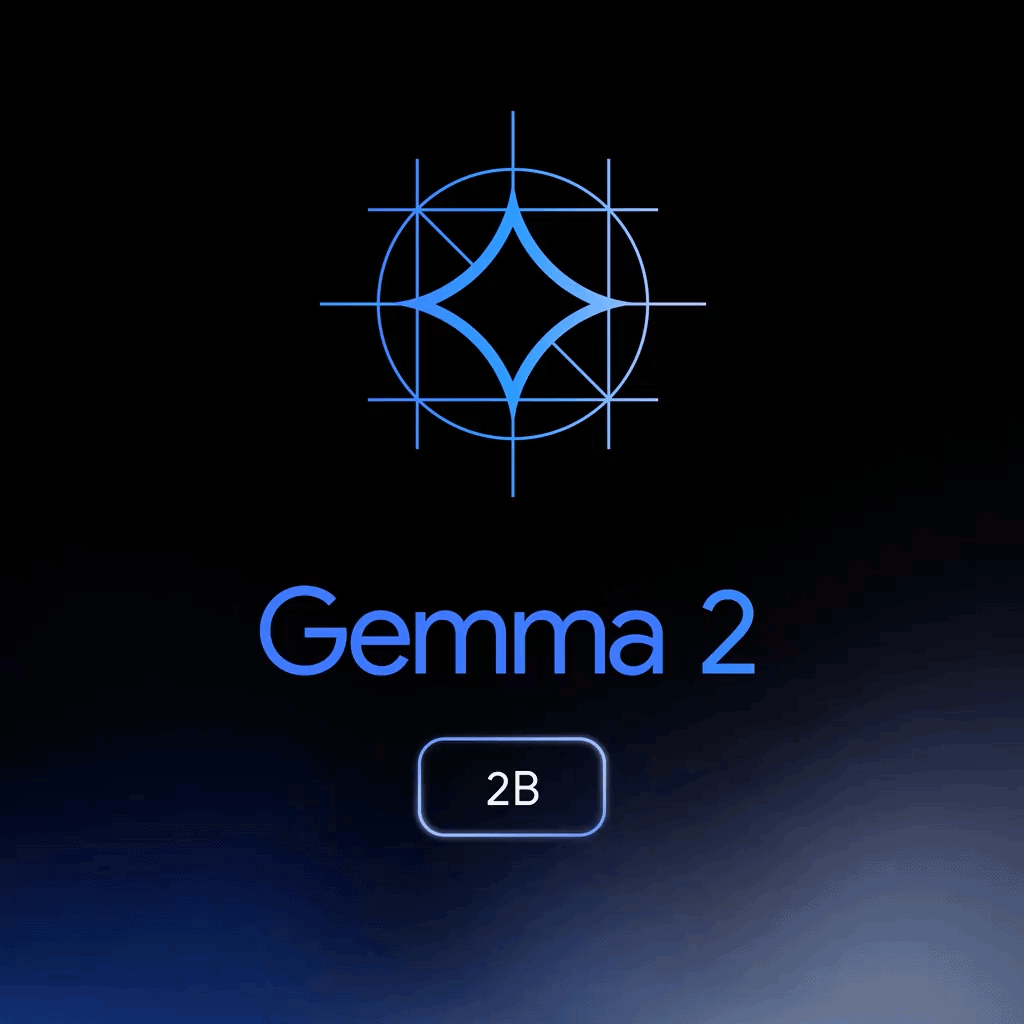gemma2-9b-it
Maintainer: google-deepmind

5

| Property | Value |
|---|---|
| Run this model | Run on Replicate |
| API spec | View on Replicate |
| Github link | View on Github |
| Paper link | No paper link provided |
Create account to get full access
Model overview
gemma2-9b-it is a large language model developed by Google's DeepMind team. It is an instructional version of the Gemma2 model, which has been fine-tuned to follow instructions and engage in a variety of tasks beyond just text generation. The gemma2-9b-it model is similar to other Gemma models like the gemma-2b-it, gemma2-27b-it, gemma-2b, gemma-7b-it, and gemma-2-2b models, all of which were also created by the Google DeepMind team.
Model inputs and outputs
The gemma2-9b-it model takes a text prompt as input and generates relevant, coherent, and grammatically correct text as output. The input prompt can be on any topic, and the model will attempt to continue the text in a meaningful way.
Inputs
- Prompt: The text prompt that the model will use as a starting point to generate new text.
- Top K: The number of most likely tokens to consider when decoding text.
- Top P: The percentage of most likely tokens to consider when decoding text.
- Temperature: A parameter that adjusts the randomness of the model's outputs.
- Max New Tokens: The maximum number of new tokens the model will generate.
- Repetition Penalty: A parameter that controls how repetitive the generated text can be.
Outputs
- Generated Text: The text generated by the model based on the input prompt and parameters.
Capabilities
The gemma2-9b-it model is capable of a wide range of text-based tasks, including creative writing, summarization, question answering, and more. It can generate coherent and contextually appropriate text, and can adapt its style and tone to the given prompt. The model's large size and fine-tuning on instructional tasks also make it well-suited for engaging in open-ended dialogue and following complex instructions.
What can I use it for?
The gemma2-9b-it model can be used for a variety of applications, such as:
- Generating creative content like stories, poems, and scripts
- Summarizing long-form text into concise summaries
- Answering questions and providing information on a wide range of topics
- Engaging in open-ended dialogue and task completion
- Assisting with research, analysis, and writing tasks
Given its impressive capabilities, the gemma2-9b-it model could be a valuable tool for businesses, researchers, writers, and others who need to generate high-quality text quickly and efficiently.
Things to try
Some interesting things to try with the gemma2-9b-it model include:
- Prompting the model with open-ended questions or creative writing prompts to see what kinds of imaginative responses it can generate
- Experimenting with different temperature and repetition penalty settings to find the right balance of randomness and coherence in the output
- Asking the model to follow complex multi-step instructions or engage in extended dialogues to see how it handles more challenging tasks
- Comparing the outputs of
gemma2-9b-itto other Gemma models to understand the unique capabilities and limitations of this particular version
By exploring the model's various features and capabilities, you can gain a deeper understanding of how it works and uncover new and innovative ways to put it to use.
This summary was produced with help from an AI and may contain inaccuracies - check out the links to read the original source documents!
Related Models

gemma2-27b-it

5
The gemma2-27b-it is an instruct model developed by Google's DeepMind team. It is part of the Gemma series of models, which also includes the gemma-2b-it, gemma-2b, gemma-7b-it, gemma-2-2b, and gemma-7b. The gemma2-27b-it model is a 27 billion parameter instruct model, meaning it has been trained to follow instructions and perform a variety of tasks. Model inputs and outputs The gemma2-27b-it model takes in a text prompt as input and generates a response. The input prompt can be on any topic, and the model will attempt to generate relevant and coherent text in response. The model outputs an array of text strings, which can be concatenated to form the full generated response. Inputs Prompt**: The text prompt to be used as input for the model. Top K**: The number of most likely tokens to consider when generating text. Top P**: The percentage of most likely tokens to consider when generating text. Temperature**: Adjusts the randomness of the text generation, with higher values leading to more diverse and unpredictable outputs. Max New Tokens**: The maximum number of new tokens to generate. Repetition Penalty**: A parameter that controls how repetitive the generated text can be. Outputs Generated Text**: An array of text strings representing the model's response to the input prompt. Capabilities The gemma2-27b-it model is capable of generating human-like text on a wide variety of topics. It can be used for tasks such as question answering, summarization, story generation, and more. The model's large size and instruct training allow it to understand and respond to complex prompts with nuance and creativity. What can I use it for? The gemma2-27b-it model can be used for a variety of natural language processing tasks, such as: Content Generation**: Use the model to generate articles, stories, poems, or other creative content. Chatbots and Assistants**: Integrate the model into chatbots or virtual assistants to provide natural language responses. Summarization**: Utilize the model to summarize long texts or documents. Question Answering**: Leverage the model's knowledge to answer questions on a wide range of topics. Things to try Try experimenting with different prompts and input parameters to see the variety of responses the gemma2-27b-it model can generate. For example, you could try using the model to write a short story, answer a complex question, or provide a detailed summary of a news article. Adjusting the temperature and repetition penalty parameters can also lead to more diverse and interesting outputs.
Updated Invalid Date

gemma-2b-it

86
The gemma-2b-it is a 2 billion parameter instruct-tuned version of Google's Gemma language model, developed by google-deepmind. It is part of a suite of Gemma models which also includes the gemma-7b-it, gemma-7b, and other variants. These models are designed to perform a variety of natural language processing tasks with high capabilities. Model inputs and outputs The gemma-2b-it model takes in a text prompt and generates relevant text in response. The key input parameters include the prompt text, temperature to control randomness, top-k and top-p settings to control the diversity of the output, and maximum and minimum new tokens to generate. The output is an array of generated text. Inputs Prompt**: The text prompt to generate a response from. Temperature**: Adjusts the randomness of the output, with higher values producing more diverse and creative text. Top K**: Samples from the top K most likely tokens during decoding. Top P**: Samples from the top P percentage of most likely tokens during decoding. Max New Tokens**: The maximum number of new tokens to generate. Min New Tokens**: The minimum number of new tokens to generate. Repetition Penalty**: Controls how repetitive the generated text can be. Outputs Generated Text**: An array of generated text in response to the input prompt. Capabilities The gemma-2b-it model demonstrates strong natural language understanding and generation capabilities, allowing it to perform a wide variety of tasks such as question answering, text summarization, creative writing, and open-ended dialogue. It can generate coherent and contextually relevant text, exhibiting an understanding of language, tone, and structure. What can I use it for? The gemma-2b-it model could be utilized in a range of applications, such as chatbots, content generation, language translation, and task-oriented dialogue systems. Its versatility makes it suitable for use in both consumer-facing and enterprise-level applications. For example, a company could use gemma-2b-it to generate personalized product descriptions, marketing copy, or to power a customer service chatbot. Things to try Some interesting things to explore with the gemma-2b-it model include prompting it to write stories or poems, engaging in open-ended conversations, and experimenting with different parameter settings to see how they affect the output. The model's strong language understanding and generation capabilities make it a versatile tool for a variety of creative and practical applications.
Updated Invalid Date

gemma-7b-it

66
The gemma-7b-it model is a 7 billion parameter instruct-tuned version of Google's Gemma language model. It is similar to other large language models like meta-llama-3-8b-instruct, llava-13b, and deepseek-vl-7b-base, which are also designed for natural language understanding and generation tasks. The gemma-7b-it model has been fine-tuned by Google's DeepMind team to follow instructions and engage in open-ended dialogue. Model inputs and outputs The gemma-7b-it model takes a text prompt as input and generates a sequence of text in response. The model accepts several parameters to control the output, including temperature, top-k and top-p sampling, and limits on the minimum and maximum number of new tokens to generate. Inputs prompt**: The initial text prompt to send to the model temperature**: Adjusts the randomness of the output, with higher values generating more diverse but less coherent text top_k**: Samples from the top k most likely tokens during decoding top_p**: Samples from the top p percentage of most likely tokens during decoding max_new_tokens**: The maximum number of new tokens to generate min_new_tokens**: The minimum number of new tokens to generate (or -1 to disable) repetition_penalty**: A parameter that controls how repetitive the generated text can be Outputs The model generates a sequence of text in response to the input prompt Capabilities The gemma-7b-it model is capable of engaging in open-ended dialogue, summarizing and analyzing text, answering questions, and generating creative content like stories and poetry. It can be used for a variety of natural language processing tasks, and its capabilities are comparable to other large language models. What can I use it for? The gemma-7b-it model could be useful for a wide range of applications, such as chatbots, content creation, language translation, sentiment analysis, and text summarization. It could be particularly valuable for companies or individuals looking to incorporate advanced natural language processing capabilities into their products or services. Things to try One interesting thing to try with the gemma-7b-it model is exploring its ability to engage in multi-turn dialogue. By providing the model with a series of prompts and responses, you can see how it maintains context and coherence over the course of a conversation. Another idea is to experiment with different parameter settings, such as adjusting the temperature or top-k/top-p values, to influence the creativity and diversity of the model's outputs.
Updated Invalid Date

gemma-2-2b

34
gemma-2-2b is a 2.2 billion parameter language model developed by Google's DeepMind team. It is part of the Gemma family of models, which also includes the gemma-2b, gemma-2b-it, gemma-7b, and gemma-7b-it models. These models are designed for general language understanding and generation tasks. Model inputs and outputs The gemma-2-2b model takes a text prompt as input and generates additional text in response. Users can control the model's output by adjusting parameters like temperature, top-k, and top-p. Inputs Prompt**: The initial text prompt to start the generation process. Temperature**: Adjusts the randomness of the outputs, with higher values generating more diverse and unpredictable text. Top K**: Limits the model to only consider the top K most likely tokens during generation. Top P**: Limits the model to only consider the top P percentage of most likely tokens during generation. Max New Tokens**: The maximum number of new tokens the model can generate in response to the prompt. Repetition Penalty**: Adjusts the penalty for repeating previously generated tokens. Outputs Generated Text**: The text generated by the model in response to the input prompt. Capabilities The gemma-2-2b model is capable of generating human-like text on a wide range of topics. It can be used for tasks like creative writing, summarization, question answering, and language translation. The model's large size and training on a diverse dataset allow it to capture complex linguistic patterns and generate coherent, contextual responses. What can I use it for? gemma-2-2b can be used for a variety of natural language processing tasks, including: Creative Writing**: Generate poems, stories, or other creative content based on a prompt. Content Creation**: Produce articles, blog posts, or marketing copy on a given topic. Conversational AI**: Build chatbots or virtual assistants that can engage in natural conversations. Question Answering**: Answer questions on a wide range of topics using the model's knowledge. Summarization**: Condense long passages of text into concise summaries. By leveraging the capabilities of gemma-2-2b, you can unlock new possibilities for language-based applications and services. Things to try One interesting way to explore the gemma-2-2b model is to prompt it with open-ended or creative tasks, such as asking it to write a short story or poem. The model's ability to generate coherent and imaginative text can lead to surprising and engaging results. You can also experiment with adjusting the various input parameters to see how they affect the model's output.
Updated Invalid Date